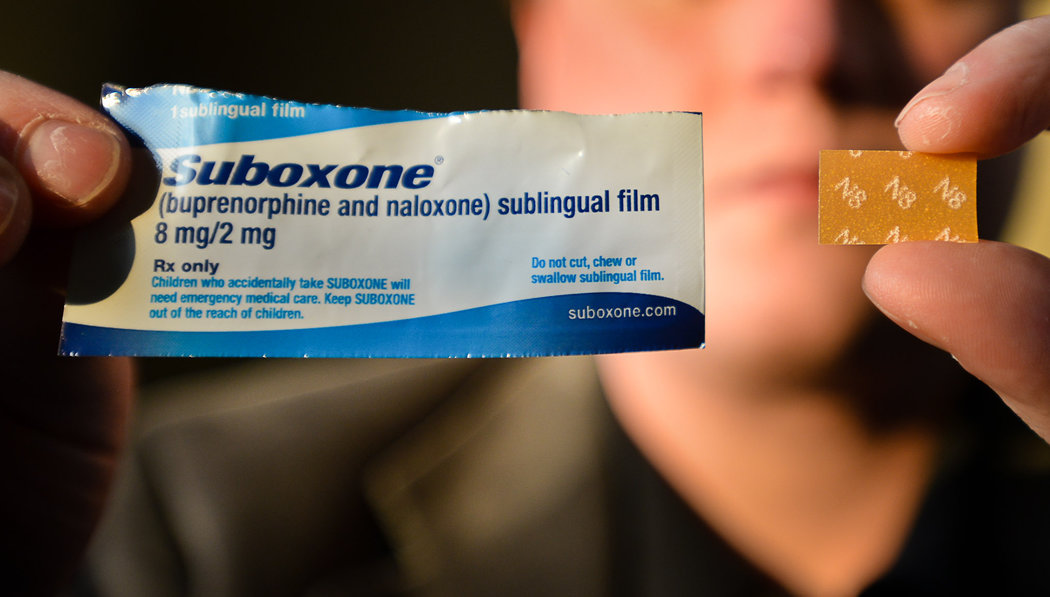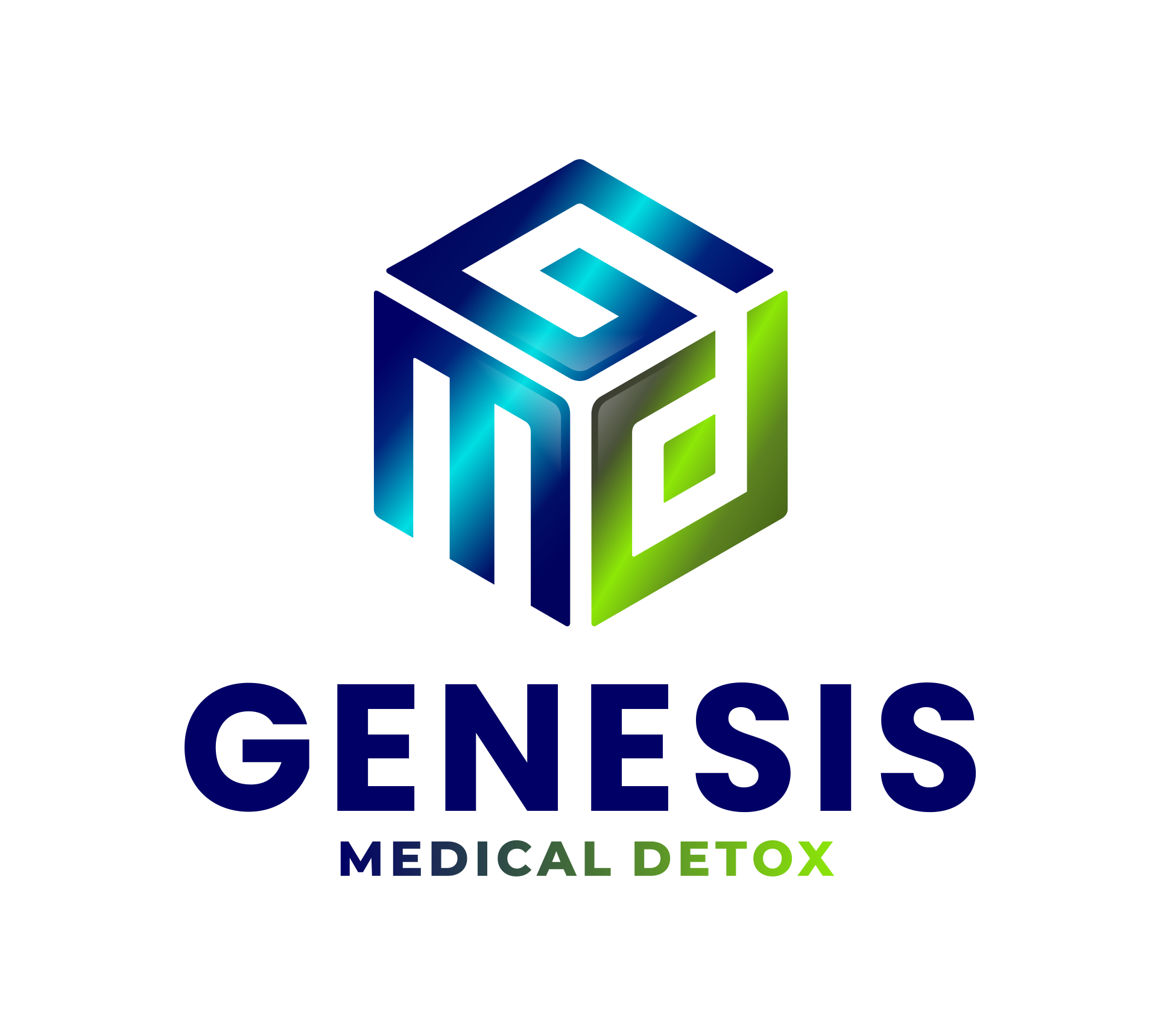
Methadone addiction has become a significant issue in Tennessee, impacting individuals, families, and communities across the state. Methadone, a synthetic opioid commonly used to treat opioid addiction, has unfortunately become a substance of abuse for many individuals. This post will explore the prevalence of methadone addiction in Tennessee, its causes, consequences, and potential solutions to address this growing public health concern.
What is Methadone and Where Did it Come From
Methadone is a synthetic opioid medication that is commonly used to treat opioid addiction, particularly in medication-assisted treatment programs. It is a long-acting opioid that helps to reduce withdrawal symptoms and cravings in individuals who are addicted to opioids such as heroin or prescription painkillers.
Methadone was first synthesized in Germany in the 1930s by scientists working for the pharmaceutical company I.G. Farben. It was initially developed as a pain medication, but its potential for treating opioid addiction was later discovered. In the 1960s, methadone maintenance treatment programs were established in the United States as a way to help individuals with opioid use disorder manage their addiction and improve their quality of life. Since then, methadone has been widely used as a key component of opioid addiction treatment programs around the world.
How Does Methadone Affect the Brain
Methadone affects the brain by binding to opioid receptors, primarily the mu-opioid receptors, in the central nervous system. By binding to these receptors, methadone mimics the effects of natural opioids produced by the body, such as endorphins, and activates the brain’s reward system. This activation of the reward system leads to feelings of pleasure and pain relief.
Additionally, methadone acts as a central nervous system depressant, slowing down brain activity and reducing the perception of pain. It also blocks the effects of other opioids, such as heroin or prescription painkillers, by occupying the opioid receptors and preventing them from being activated.
Over time, with repeated use of methadone, the brain can become dependent on the drug to function normally. This can lead to the development of tolerance, where higher doses of methadone are needed to achieve the same effects, as well as physical dependence, where withdrawal symptoms occur when methadone use is stopped abruptly.
Long-term use of methadone can also lead to changes in brain chemistry and structure, impacting cognitive function, emotional regulation, and decision-making abilities. These effects highlight the importance of carefully monitored and supervised use of methadone in medication-assisted treatment programs to minimize the risk of addiction and other negative consequences on the brain.
Methadone Addiction in Tennessee
Methadone addiction in Tennessee has become a pressing issue, affecting individuals across the state. This essay will delve into the causes of methadone addiction, its consequences on individuals and communities, and potential solutions to combat this growing problem.
Causes of Methadone Addiction: Methadone addiction in Tennessee can be attributed to various factors, including overprescription by healthcare providers, easy accessibility of the drug, and lack of adequate monitoring and regulation. Many individuals who initially start using methadone for legitimate medical reasons can develop a dependency on the drug, leading to addiction.
Consequences of Methadone Addiction: The consequences of methadone addiction in Tennessee are far-reaching and devastating. Individuals struggling with methadone addiction may experience physical health issues, mental health disorders, strained relationships, financial difficulties, and legal problems. Moreover, communities are impacted by the societal costs associated with methadone addiction, including increased healthcare expenses, criminal activities, and decreased productivity.
Detox from Methadone
Detoxification from methadone, also known as methadone detox, is the process of safely and gradually reducing the dosage of methadone to help individuals discontinue its use and overcome physical dependence on the drug. Methadone detox should be conducted under the supervision of healthcare professionals in a controlled setting to ensure the safety and well-being of the individual undergoing the detox process.
The duration and intensity of methadone detox can vary depending on factors such as the individual’s level of dependence, the duration of methadone use, and any co-occurring medical or mental health conditions. Methadone detox typically involves the following stages:
Assessment: Before initiating methadone detox, healthcare providers conduct a comprehensive assessment to evaluate the individual’s physical health, mental health, substance use history, and treatment goals. This information helps in developing a personalized detox plan tailored to the individual’s needs.
Tapering: Methadone detox involves gradually reducing the dosage of methadone over a specified period. This tapering process helps minimize withdrawal symptoms and discomfort associated with discontinuing methadone use. Healthcare providers closely monitor the individual’s response to the tapering schedule and adjust the dosage as needed.
Medical supervision: During methadone detox, healthcare providers monitor the individual’s vital signs, symptoms, and overall well-being to ensure a safe and effective detox process. Medications may be prescribed to manage withdrawal symptoms, such as nausea, vomiting, diarrhea, anxiety, and insomnia.
Counseling and support: In addition to medical supervision, individuals undergoing methadone detox may benefit from counseling, therapy, and peer support groups to address psychological and emotional aspects of addiction, develop coping strategies, and prevent relapse. Behavioral therapies can help individuals learn new skills and behaviors to support their recovery from methadone addiction.
Aftercare planning: Following methadone detox, individuals are encouraged to engage in aftercare services, such as outpatient treatment, counseling, support groups, and relapse prevention programs, to maintain their sobriety and prevent the recurrence of addiction. Aftercare planning is essential in providing ongoing support and resources to help individuals transition back to their daily lives successfully.
In Conclusion
In conclusion, methadone addiction in Tennessee is a complex issue that requires a multi-faceted approach to address effectively. By understanding the causes of methadone addiction, recognizing its consequences, and implementing evidence-based solutions, we can work towards mitigating the impact of methadone addiction on individuals and communities in Tennessee. It is essential for policymakers, healthcare providers, and community members to collaborate and take proactive steps to combat methadone addiction and support those affected by this pervasive public health problem.
If you or someone you know is struggling with a chemical dependency issue reach out to Genesis Medical Detox or Magnolia Ranch Recovery today and get started on the path to long-term recovery.









